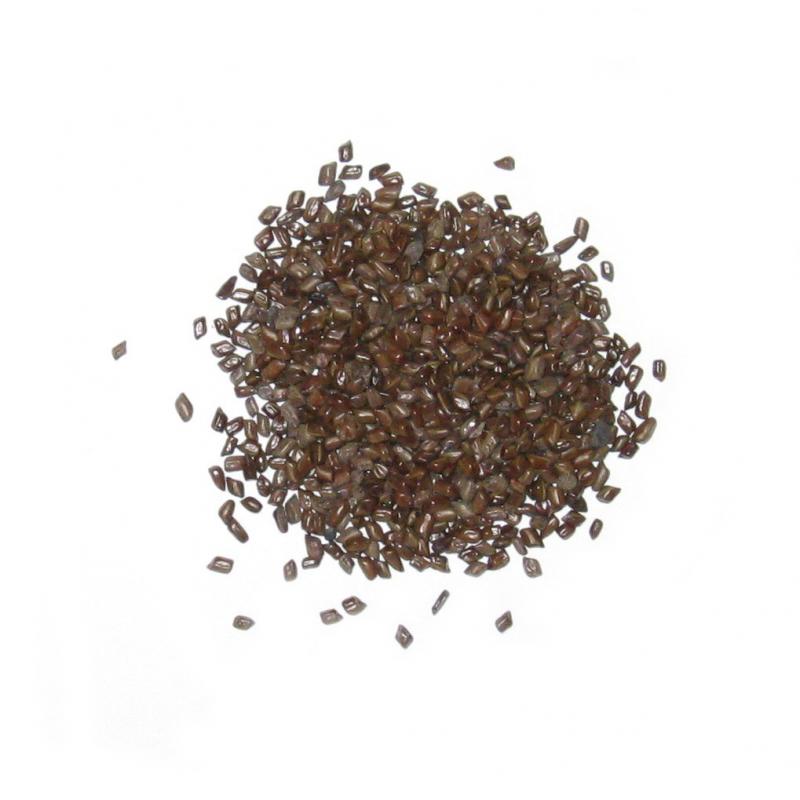

Organic wholesale, herb and spices, bulk dry botanicals and ingredients. Raw, Vegetarian, Vegan, health foods, supplements, herbal teas, seasonings, vegetable oils and gourmet culinary items.
312-988-0051


Chinese Name: Jue ming zi Medical Name: Semen Cassiae Cassia seed is sweet, salty and bitter.
This seed has been used as an alternative to coffee.They can be used raw, or after roasting and frying. The most popular use of cassia seed is to help suppress appetite. It has also been used a substitute for coffee because of it's unique taste.
Cassia Seed (Senna) is a small shrub that grows in regions of the upper Nile of North Africa and Arabia. While fine on its own, senna is often and commonly combined with a variety of aromatic herbs.
Cassia seeds are bitter, sweet and salty in flavor. They can be used raw, or after roasting and frying. Common is Asian cooking, cassia seeds keep their flavors for a long time and produce a stronger flavor if wrapped instead of crushed. The most popular use of cassia seed is to help supress appetite. It has also been used a subsitute for coffee because of it's unique taste.
All parts of the cassia plants contain anthraquinones, which impart digestive–aiding properties.
Cassia seeds are obtained from pods which grow on plants that are native to certain parts of Asia – with China being the primary producer of cassia seeds. The plant usually grows to a height of four feet with the pods beings roughly 20cm in length. Cassia seeds are usually harvested during the fall months and are normally sun-dried before being used. Cassia seeds can be found in various forms including seeds, powders, tea packets and even pastes that are used for skin ailments.
Cassia seeds have long been used for medicinal purposes, providing a natural treatment for conditions related to kidneys, livers, the intestines and the eyesight.
There are numerous additional health benefits associated with Cassia seeds making them an essential ingredient in Chinese medicinal tea. Cassia seeds are often used as a cure for constipation as they help to reduce intestinal dryness.
Commonly used in Asian cuisines because of its versatile and unique flavor. It is sometimes confused with cinnamon. But unlike cinnamon, the cassia seed is much more potent. Its flavor lasts much longer and is much stonger and is preferred for sweet dishes. Traditionally it is It is usually used by wrapping it in quills, the large pieces are used for flavoring and then it can be easily picked out of the dish.
Note: These statements have not been evaluated by the US Food and Drug Administration, and this product is not intended to diagnose, treat, cure or prevent any disease. We at eSutras do not recommend internal use of supplements or herbs without prior consultation with your doctor or herbalist.
Data sheet